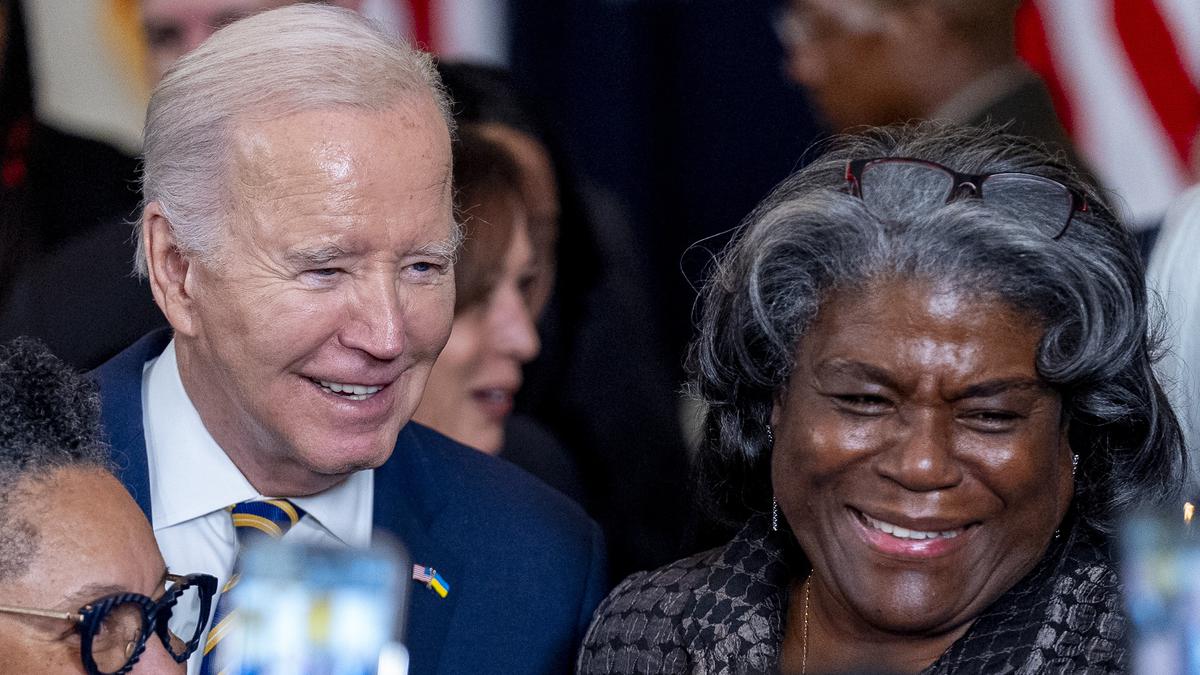
U.S. circulates rival U.N. resolution for temporary Gaza ceasefire after rejecting Arab proposal
The Hindu
U.S. proposes U.N. resolution for temporary Gaza ceasefire, emphasizing release of hostages and humanitarian aid delivery.
The United States has circulated a rival U.N. Security Council resolution that would support a temporary ceasefire in Gaza after rejecting an Arab-backed resolution demanding an immediate humanitarian ceasefire in the conflict-wracked territory.
The U.S. draft resolution, obtained Monday by Associated Press, would underscore that a temporary ceasefire “as soon as practicable” requires the release of all hostages taken from Israel after Hamas’ October 7 attack, and calls for the lifting of all restrictions on the delivery of humanitarian aid.
The U.S. draft says both of those actions “would help to create the conditions for a sustainable cessation of hostilities” as called for in a resolution adopted by the council on December 22.
The proposed resolution says Israel’s planned major ground offensive into the southern Gaza city of Rafah, where some 1.5 million Palestinians have sought safety, “should not proceed under current circumstances.” And it warns that further displacement of civilians, "including potentially into neighbouring countries,” a reference to Egypt, would have serious implications for regional peace and security.
The Security Council is expected to vote Tuesday morning on the Arab-backed draft resolution circulated by Algeria, which represents the 22 Arab nations in the U.N.’s most powerful body.
In addition to a ceasefire, the final Algerian draft, obtained by AP, also demands the immediate release of all hostages and reiterates council demands that Israel and Hamas “scrupulously comply” with international law, especially the protection of civilians, and rejects the forced displacement of Palestinian civilians.
U.S. Ambassador Linda Thomas-Greenfield said in a statement Sunday that the United States has been working on a hostage deal for months that would bring at least a six-week period of calm “from which we could then take the time and the steps to build a more enduring peace.”











